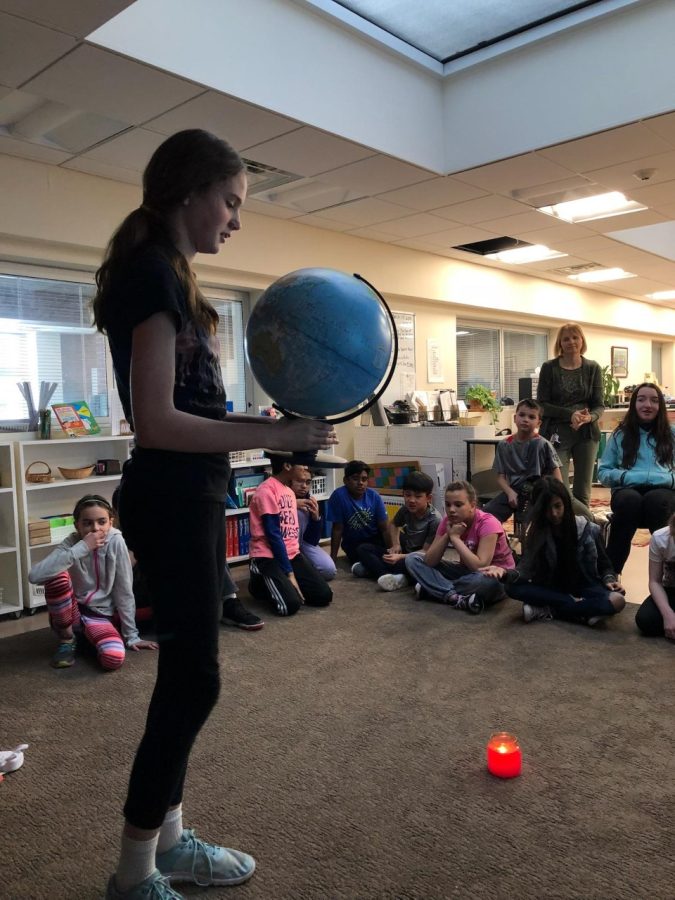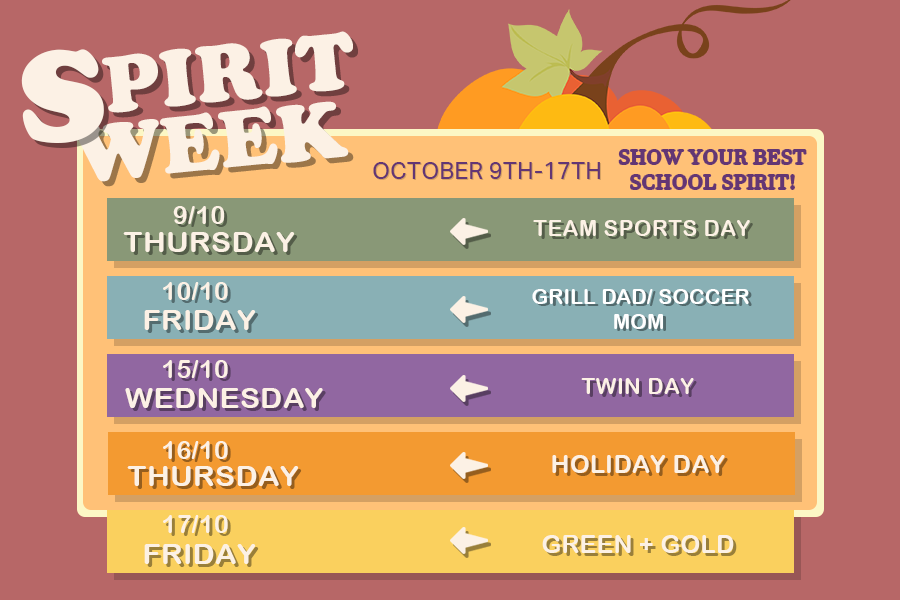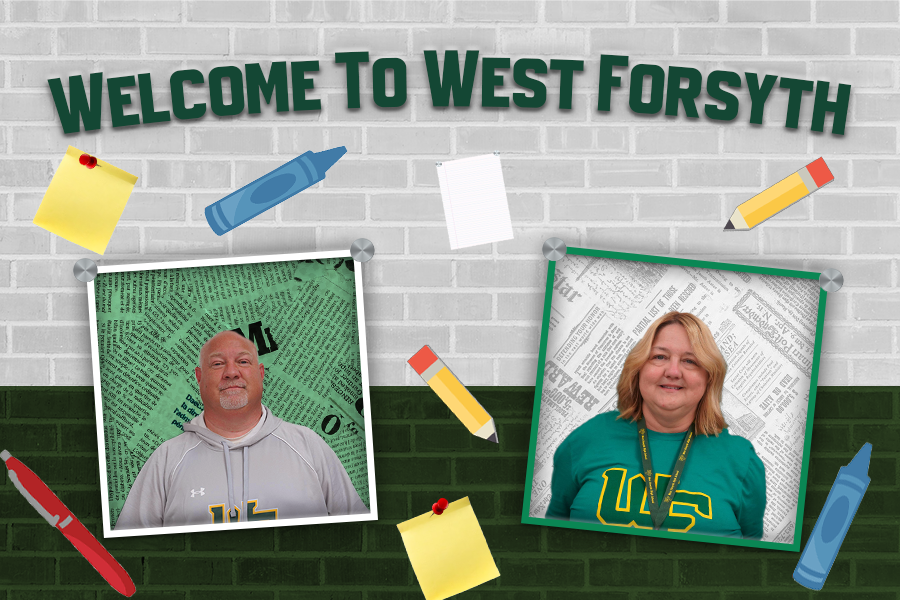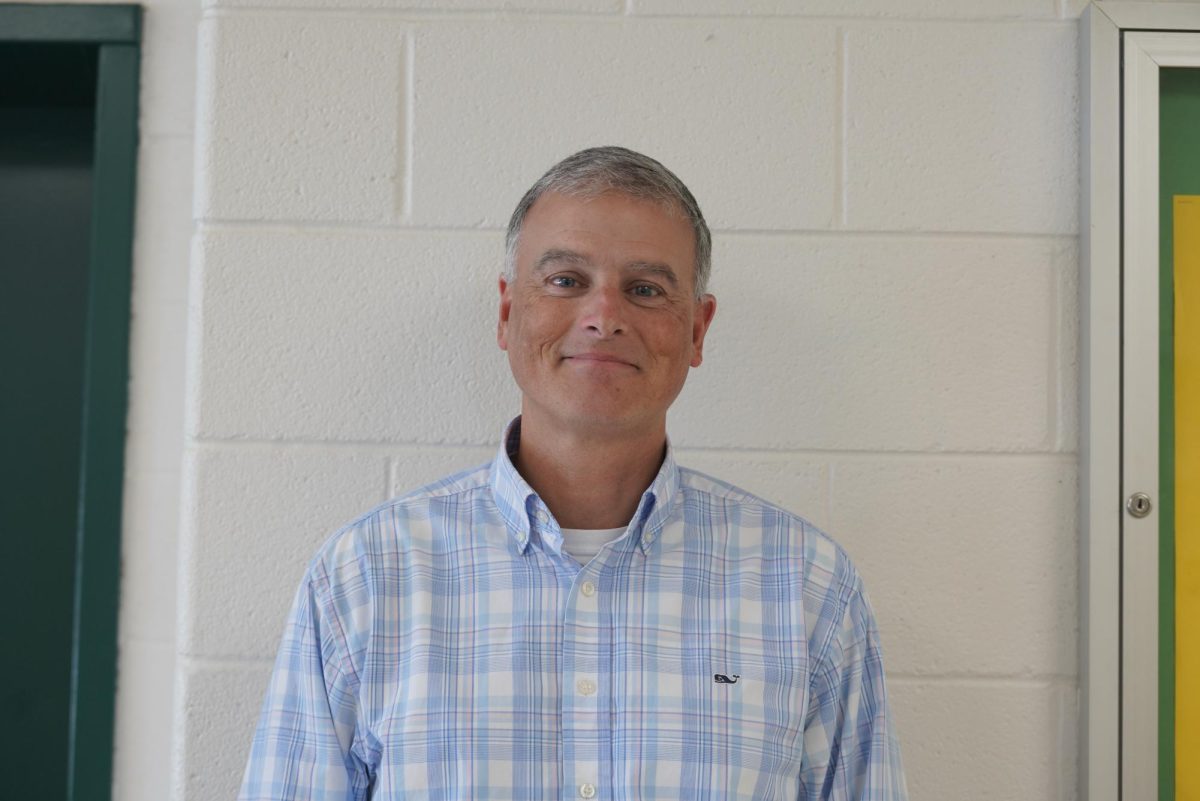Learning The Montessori Way: Montessori education is so much more than it seems
June 2, 2022
Montessori education gets a bad reputation; it is often thought of as too non-traditional and not enough to prepare children for ‘the real world.’ The issue is that most people have no idea what Montessori education is, and make assumptions based solely on what they hear from other people. It’s like a game of telephone: the more people a story passes through, the more inaccurate it becomes. Having attended a Montessori school for 10 years, I’m here to tell you the truth about Montessori education, and why it’s the most valuable experience of my life.
While looking for preschools for my sister and me, my parents stumbled across a private Montessori school that took students from 18 months old, all the way through eighth grade. There was something about this little school that instantly attracted them and me. Even though I was only four at the time, I still remember one major thing from going to visit what would soon become my school of 10 years and my second home: kids focused and concentrated on classwork they were actually enjoying, working with their peers and teachers without complaint, while still having fun with the work they were doing. This was the embodiment of the Primary level at my school, which included children ages three, four and five: having inviting classrooms, not just with toys that kids could play with, but educational activities that the kids also enjoyed. Everything in a Montessori classroom has a purpose and a lesson to teach, no matter how small.
As I moved up through levels of my Montessori education, there were two major details that I took for granted, the first one being the mixed grade classes. In my Montessori school, there were different levels; Primary, Kindergarten, and then Lower Elementary, which was a class made up of a combination of first, second and third graders. After that was Upper Elementary, which consisted of fourth through sixth graders, and finally Middle School, which was a class of seventh and eighth graders. I’ve always found it hard to explain the value of these mixed level classes to others. How do you describe the feeling of the tight-knit community that comes from having classes with different aged kids, where everyone still feels accepted and included, to someone who has never experienced it before? It’s nearly impossible. But what I can say is that there is immense value in the life lessons that these mixed age classes teach you. When you enter a new level, you have people who are older and more experienced than you to help you learn the ropes of the new responsibilities. When you get to be the oldest in the level, you get the opportunity to teach the younger kids the same thing that was taught to you. Students at all different levels and places in their learning could get to know each other and coexist in the same classroom, and students weren’t limited to what they could learn by the number used to describe their grade level.
I only now understand why other people thought this second detail was so bizarre. At my school, we called our teachers by their first names. The idea behind this was a simple one: students calling teachers by their first names establishes a connection between the two people, not just on a mentor-to-peer basis, but on a person-to-person level as well. I’m not saying that this can’t also occur in the public school system, but every single teacher in my Montessori school genuinely cared about each of their students as fellow human beings, and not just as subjects they were obligated to teach. A great teacher makes all the difference, but when you have someone who can not only be a great teacher, but a great friend as well, it makes learning truly extraordinary.
The thing that is most commonly misunderstood by people who have never experienced Montessori education is the idea that Montessori schools are not structured enough to prepare you for high school, college and life in general. But I bet if you ask anyone who has had a strong foundation in Montessori, they will debunk that theory entirely. Think of it this way: when I entered West as a freshman, I was able to enter all honors and seminar level classes, including jumping straight into Math 3 honors and Spanish 3 honors, and I was able to excel in all those classes with no trouble at all, despite never having taken a single test until seventh grade. It’s not because I’m smarter than the average person; every success I’ve ever had in high school I attribute entirely to my experience with Montessori. In Montessori schools, students are taught to seek out new information, not to pass the next test, but to foster a genuine thirst for knowledge and learning new things. Learning for the sake of learning, and not for the sake of grades or other meaningless measures of intelligence. Having that mindset changes everything. It turns the seemingly arduous task of school into something that you can consciously recognize the benefit of. The knowledge that you can make your education entirely your own is a key to success in any person. So-called intelligence levels have absolutely nothing to do with it; it’s all about you and what you think you’re capable of. Every child deserves the opportunity to develop this mindset, and Montessori education is a huge factor in that growth.
My love of Montessori school is something that I find hard to even put into words. The impact of those 10 years of alternative education will forever remain as the most valuable experience I’ve ever had. It has shaped me so much as a person, and has prepared me more than I even imagined for high school and for life. The most valuable lesson to be learned here is this: there’s often immense value to be found in things that are different. Don’t be afraid to open your mind to the unknown.






